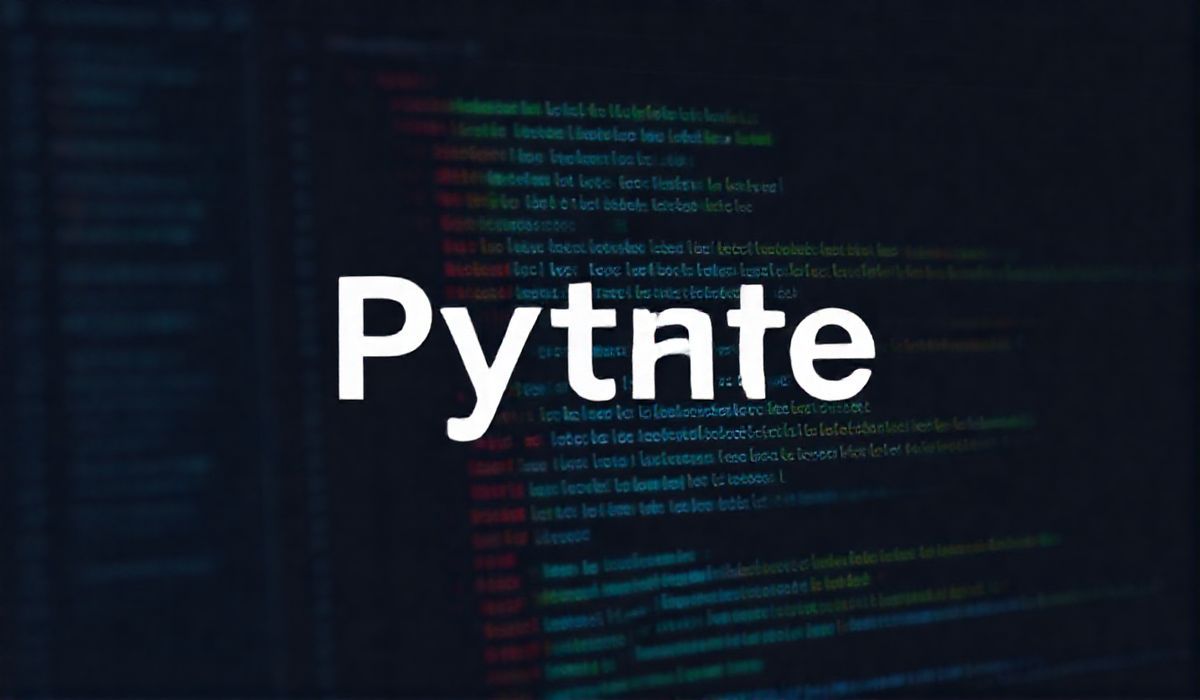Introduction to Vulture
Vulture is a powerful tool for identifying dead code in Python applications. Dead code includes unused functions, variables, imports, and more. By removing such code, developers can enhance code maintainability and readability. In this guide, we’ll explore various Vulture APIs with practical examples and build a small application using Vulture.
Getting Started with Vulture
First, install Vulture using pip:
pip install vultureBasic Usage
You can analyze a single Python file or a directory of files:
vulture my_script.pyvulture my_project/Whitelisting
In some cases, you may want to ignore specific code parts. You can use whitelisting:
vulture my_script.py my_whitelist.pyHere, my_whitelist.py contains definitions that should be ignored by Vulture.
Handling False Positives
To reduce false positives, use a whitelist file to keep track of used code that Vulture might mistakenly flag:
# my_whitelist.py
def used_function(): # noqa: F401
pass
Advanced Options
Min Confidence
Control the confidence level for identifying dead code:
vulture my_script.py --min-confidence 70Verbose Output
Get detailed information about identified dead code:
vulture my_script.py --verboseMake Silent
Suppress all output:
vulture my_script.py --silentBuilding an Example Application
Consider an application with a few scripts:
# file: app.py
def main():
print("Hello, World!")
def unused_function():
pass
if __name__ == "__main__":
main()
Analyze the application:
vulture app.pyVulture will report unused_function as dead code. After removing it, run Vulture again to ensure code cleanliness.
Conclusion
Vulture is a valuable tool for maintaining clean and efficient Python code. By integrating it into your development workflow, you can ensure that your codebase remains free of clutter and easy to manage. Start using Vulture today and experience the benefits of a clean codebase.
Hash: e98841308f569acde044b24df7f61a8749cb797dba6524227b669b9c3aae205d




